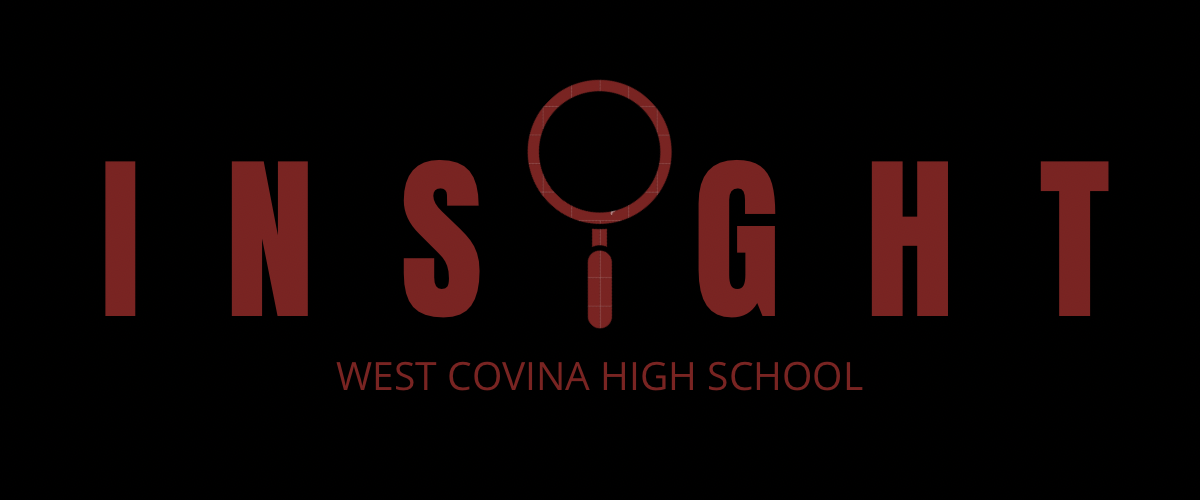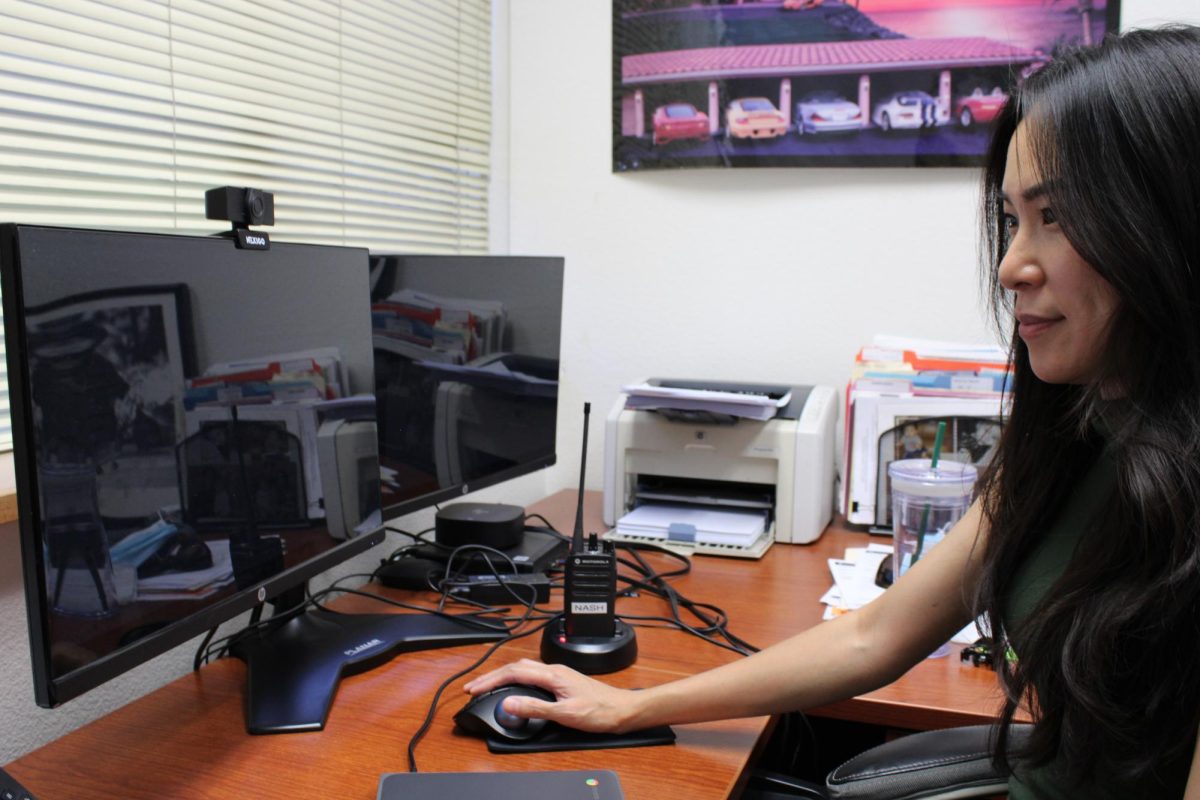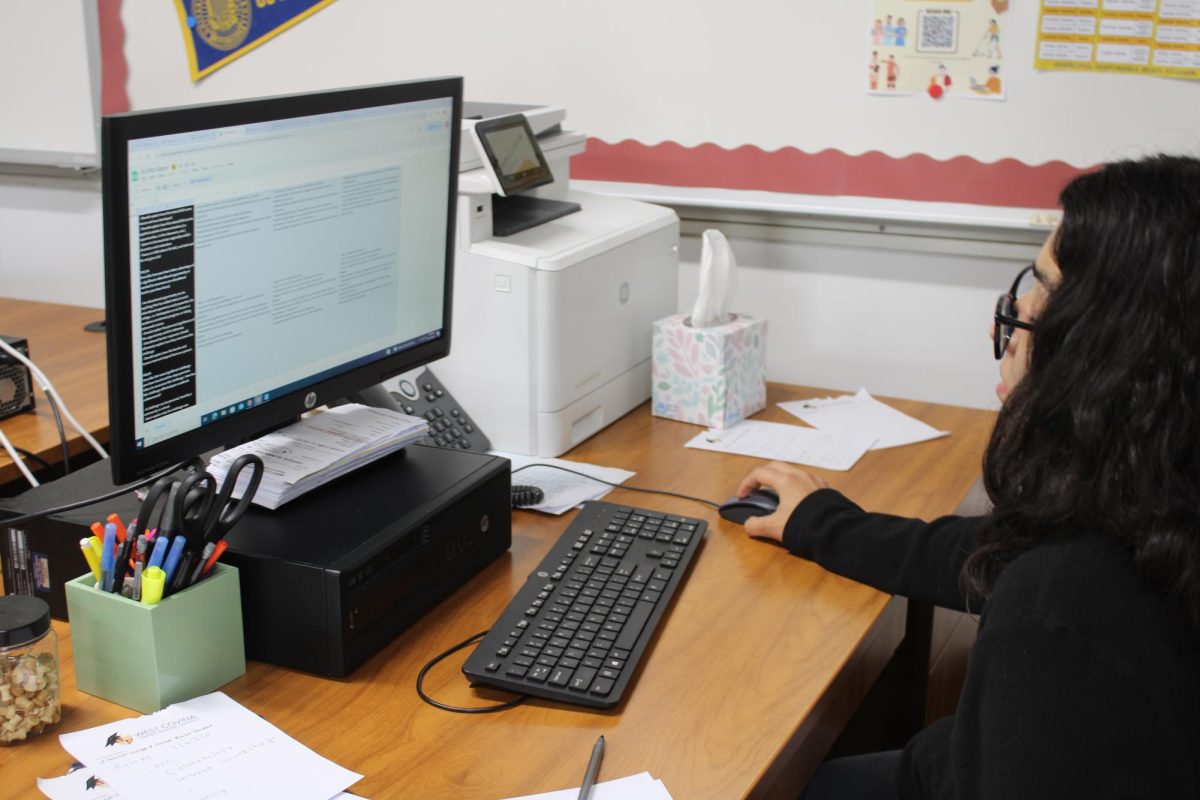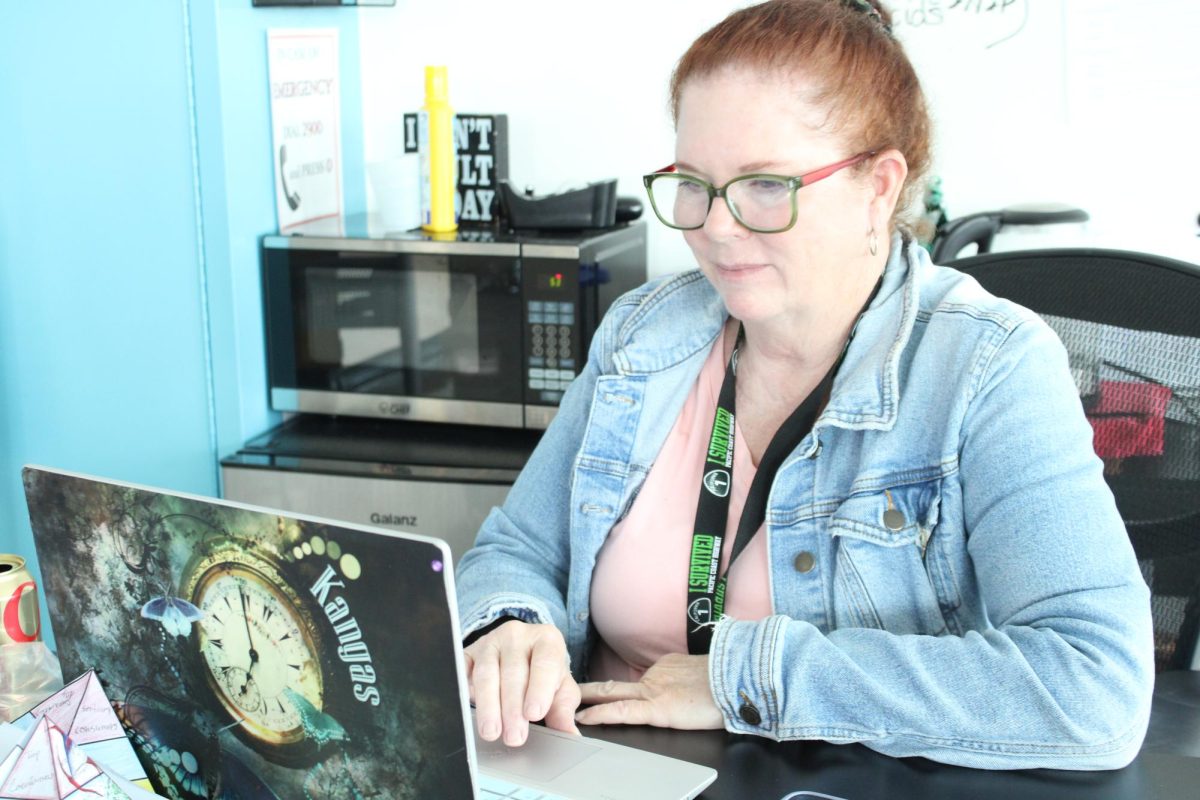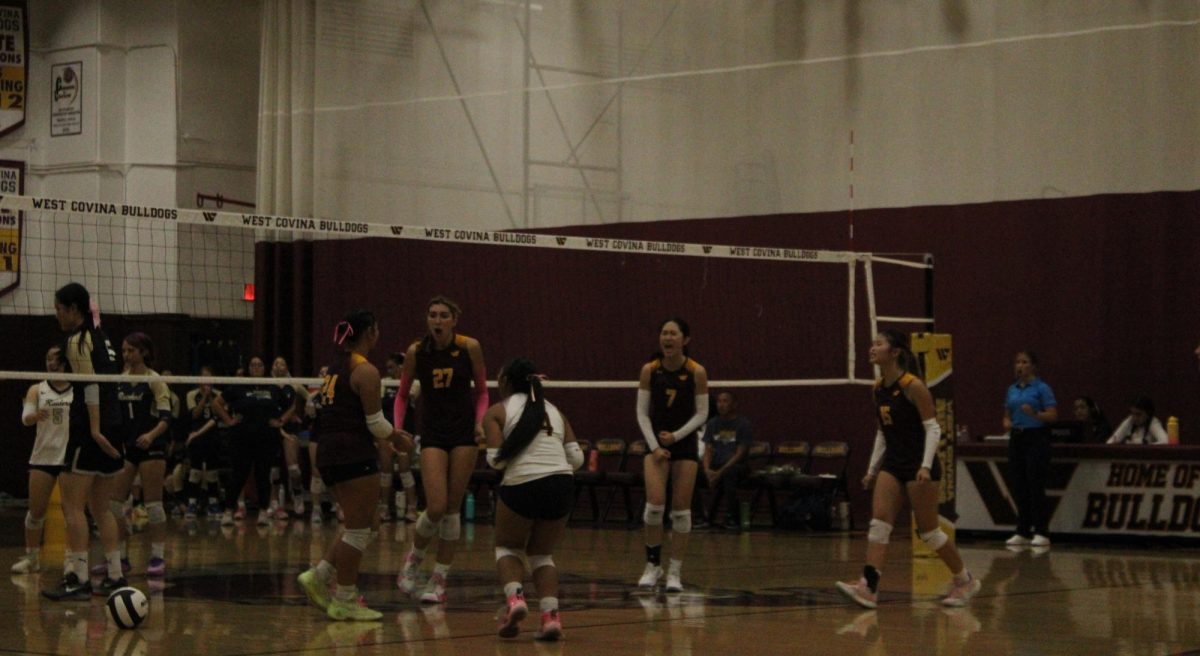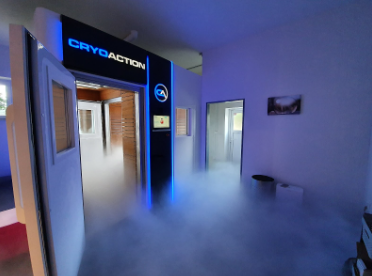From 6:00 p.m. to 7:30 p.m. at the gym today, a presenter from the California Student Aid Commission (CSAC) will speak about budgeting and the process of paying for college, including scholarships and grant opportunities for undergraduate students.
CSAC is a state agency for student financial aid to allow extra education accessible to students across California.
“We actually have a presenter from an organization that understands college financial aid,” Principal Charles Park said.
According to counselor Maria Nash, the presenter for the event is a CSAC representative. Typically, CSAC representatives serve as speakers at financial aid night. They cover information about grants such as Cal Grant, a state-funded financial aid program and Federal Pell Grant, a need-based grant that helps undergraduate students who qualify for it.
“…It’s a PowerPoint presentation. We usually open up a gym for our family. And with that being said, we have a really good turnout. Every year, we have about around 400 people,” Nash said.
Furthermore, the presentation goes over the Free Application for Federal Student Aid (FAFSA), an application that helps fund undergraduate students who need extra financial assistance and meet the requirements to qualify for the grant.
“…what the parents walk away with is how to fill out the FAFSA for the financial aid application, the different types of requirements for scholarship, for CSUs and UCs,” Park said.
Additionally, Nash recommends that attendees bring materials for note-taking in order to have the information accessible. Conducting more in-depth research on financial aid night beforehand is a good way to prepare rather than attending the event without prior knowledge in case there are any follow-up questions.
The application applies to universities like California State University (CSU), University of California (UC) and other universities that participate in FAFSA. Using School Search Tool, the official website of the US government for financial aid, students can discover which universities utilize FAFSA.
In recent times, the Department of Education and government shutdown have faced delays regarding federal services. The delays apply to FAFSA and CSAC as well, however, they remain operational and applications were opened as of Oct. 1.
According to Federal Student Aid, loans, including funds, will continue to be distributed. There will be minimal effects on students, creditors, debtors, and schools.
As college and the overall process of paying for it can be confusing for those inexperienced, this event is educational for students who want to find out more about how it works.
“I’ve been telling all my seniors that I’ve met with to invite their parents, and I tell the students to go…because they’ll give you an overview of what financial aid is,” Nash said.
For non-English speaking families, there is a Spanish translator available at the event and a presentation in Spanish as well.
“…Definitely something I would recommend for students to just get a general idea, and especially the FAFSA application has changed so much the past two years that, you know, we want students and families to be informed,” Nash said.
For more information on FAFSA eligibility and how to apply, Federal Student Aid provides all the necessary information needed.
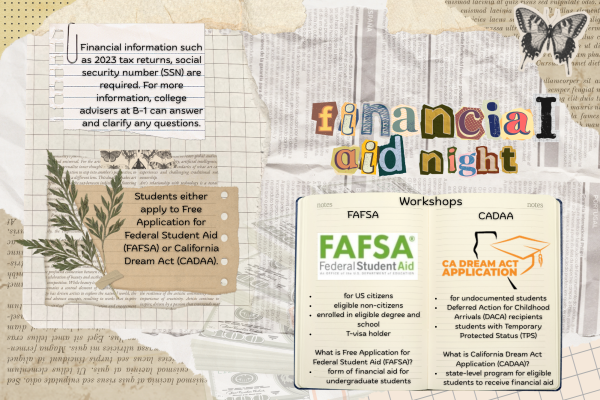
Overall, the financial aid night is informative. In extension to the event, there are two workshops that go more in-depth, which will be held in November and January. More information on workshops can be found through the college advisers on campus or at B-1.

